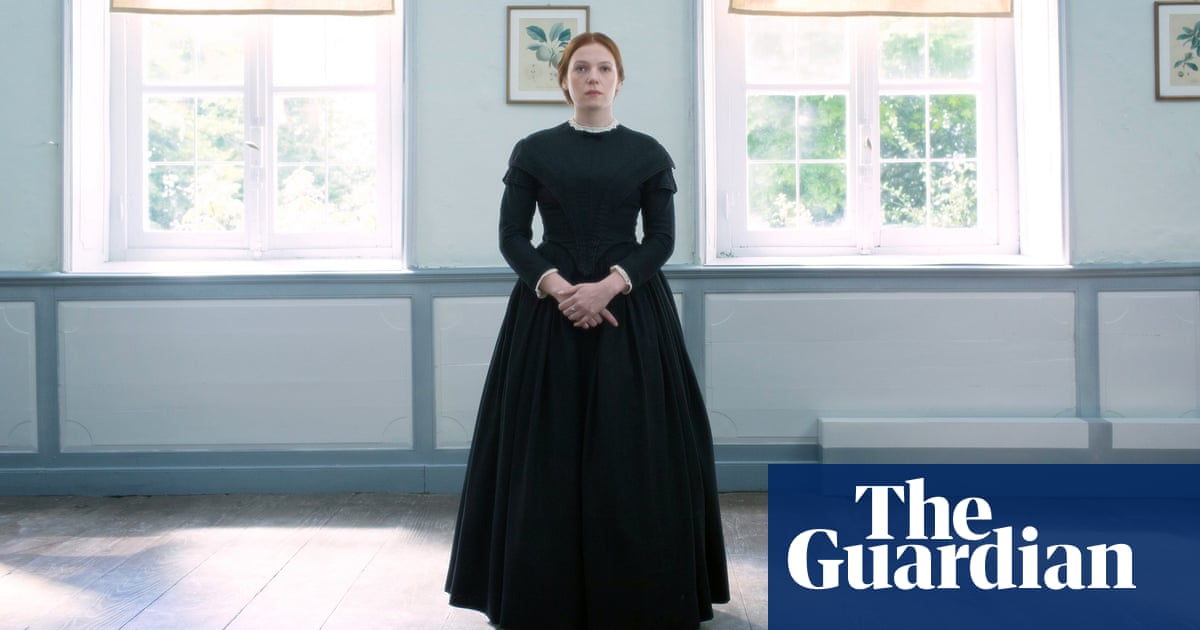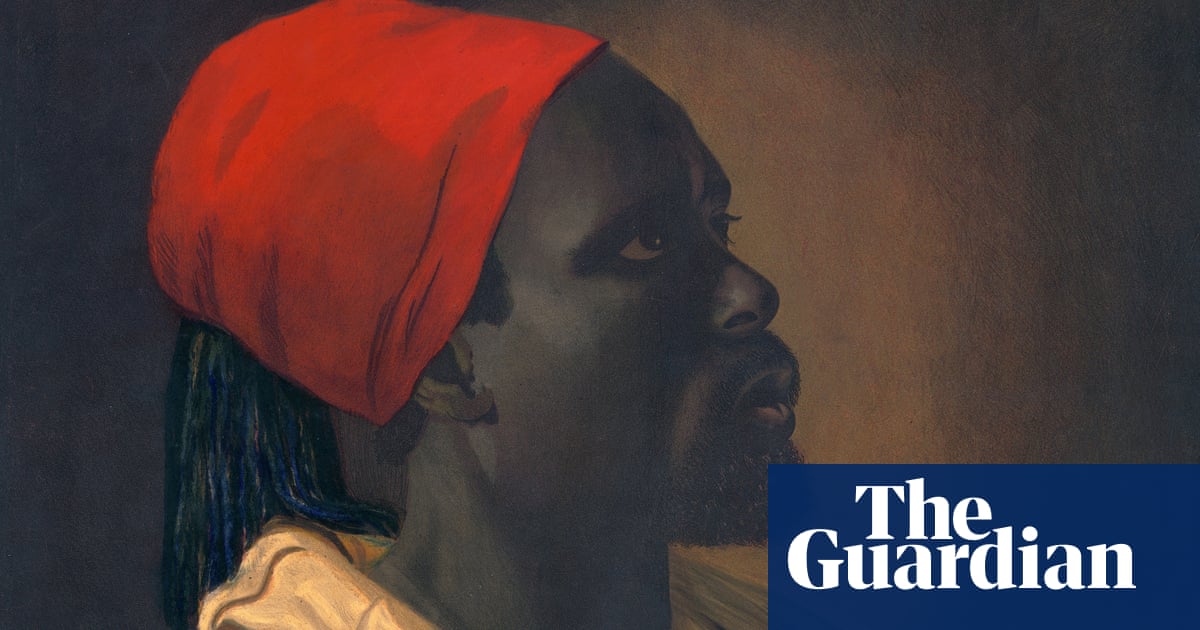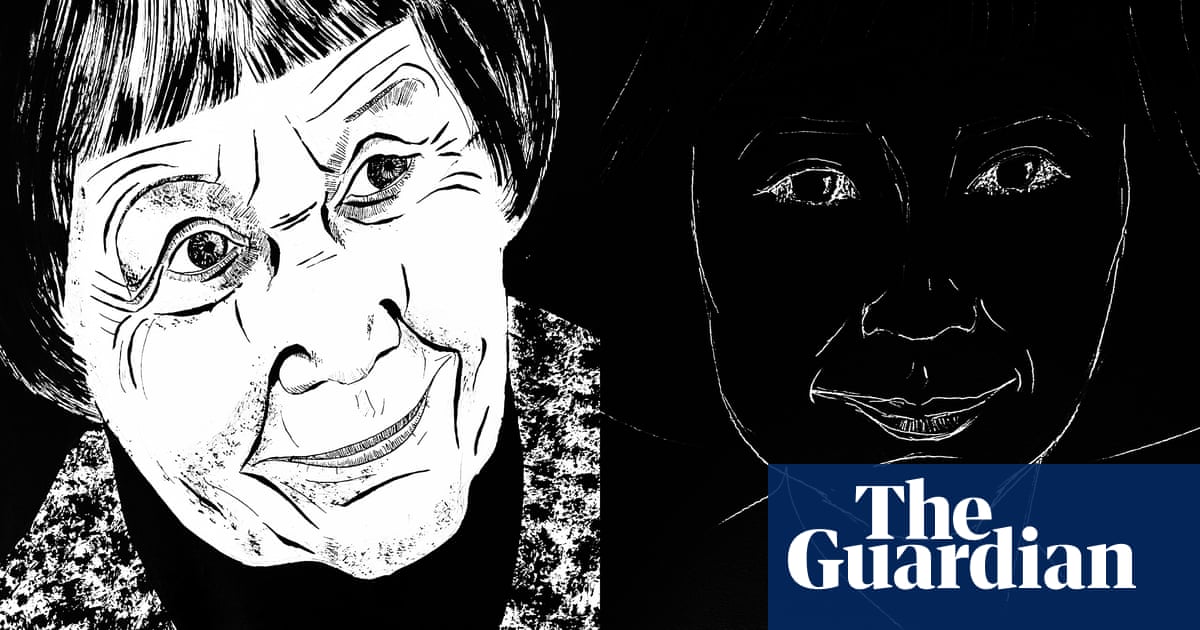
She rose to His Requirement
She rose to His Requirement – dropt
The Playthings of Her Life
To take the honorable Work
Of Woman, and of Wife –
If ought She missed in Her new Day,
Of Amplitude, or Awe –
Or first Prospective – or the Gold
In using, wear away,
It lay unmentioned – as the Sea
Develope Pearl, and Weed,
But only to Himself – be known
The Fathoms they abide –
Emily Dickinson could be scathing about marriage. She was fiercely aware of the subservience it demanded from women in general, and, implicitly, what damage it might have done to the fulfilment of her own talents. In Title divine, is mine, a poem written in 1861, three years before She rose to His Requirement, her speaker declares the marrying woman to be “Born – Bridalled – Shrouded / In a day”. This fearfully rapid rise-and-fall, with the stinging pun of bridalled/bridled at its core, represents a “Tri Victory” for the husband, but Dickinson’s speaker achieves the superior triumph. Her marriage is with God, her title, “Empress of Calvary”.
This week’s poem treats the subject of earthly marriage in a less challenging tone. A third-person narrative, its focus is indeterminate. “She” may be a specific woman, a friend or relative, or a composite female figure who stands for all young initiates into marriage. The male pronoun also has a certain ambiguity. Frequent, sometimes unexpected capitalisations are customary in Dickinson’s writing, and here they gain additional nuance. The man becomes at least a little God-like, even in the phrase “His Requirement”.
Irony hovers around this opening verse. That the woman “rose to His Requirement” seems significant in a poem that ends with an image of sinking, the woman’s treasure hidden in the depths of the sea. Are the “Playthings of Her Life” that she relinquishes truly unimportant, or significant objects and activities that patriarchy foolishly denigrates? Is there a certain wryness in the formulation, “the honourable Work / Of Woman, and of Wife”? Is seems that Dickinson is deliberately withholding her characteristic heightened diction, as if to suggest by understatement that the desired obedience is regrettably uninspiring.
The poem unfolds rather more splendidly from the second verse. The deliberately unassertive suggestion, “If ought She missed from Her new Day” contrasts with the grandeur of those qualities, “Amplitude” and “Awe”, whose loss might have been keenly felt. The substitution of “ought” for” “aught” (meaning “anything”) hints at a moral imperative, but there’s no need to limit Amplitude and Awe to the religious context. Perhaps they are qualities Dickinson associated equally with her experience of poetic genius.
“Prospective” makes an unusual noun, perhaps with the aim of combining the idea of a vision of the future (a prospect) with the gold-prospector’s search. In the poem, it’s clearly a metaphorical “Gold” that, like the gold wedding-ring, becomes worn by use, but perhaps a suggestion of monetary devaluation shadows the image. There is a reticent sadness in the comment that, if the treasure had been sacrificed, “It lay unmentioned”.
Is the treasure redeemed? The verb “Develope” in the last verse’s second line applies to both “Pearl” and “Weed”: Dickinson, with her appreciation of wild flowers, might not consider seaweed a matter of extreme inferiority to pearl. The sacrificed qualities are not restored, but reassigned new value – new forms, perhaps, of Amplitude and Awe.
God is still not named at the end of the poem, but it seems unlikely that “Himself” stands for an imperious husband. An all-seeing deity is more likely to know the significance of the lost riches and the “Fathoms they abide”. The measured voice of the poem speaks, I think, out of Dickinson’s secretly secure sense of her own accomplishment. Her spiritually based seclusion has enabled the development of a free-spirited and far-ranging art.
Other women committed to the mundane forms of marriage might have had similar potential which had to be sacrificed. In theological terms the sacrifice equals the fulfilment. She rose to His Requirement is an example of the complex form that Dickinson’s Christian feminism sometimes takes.












